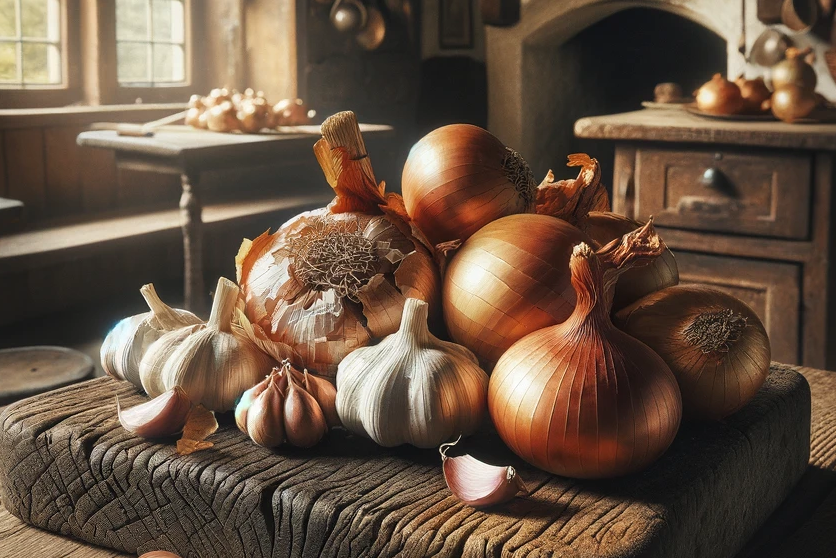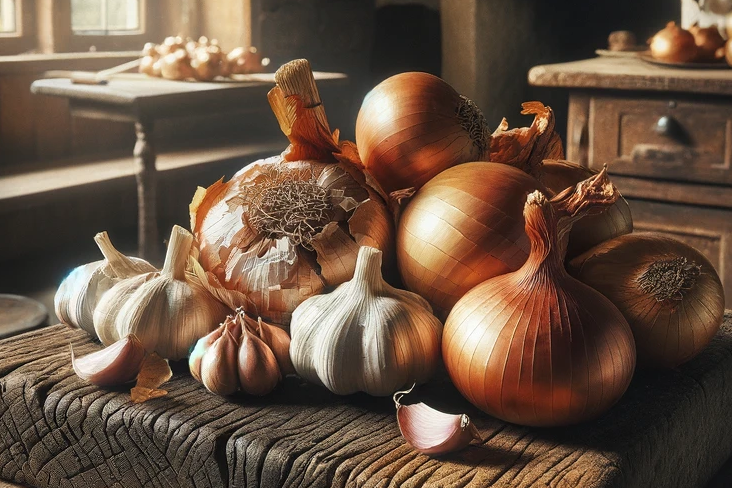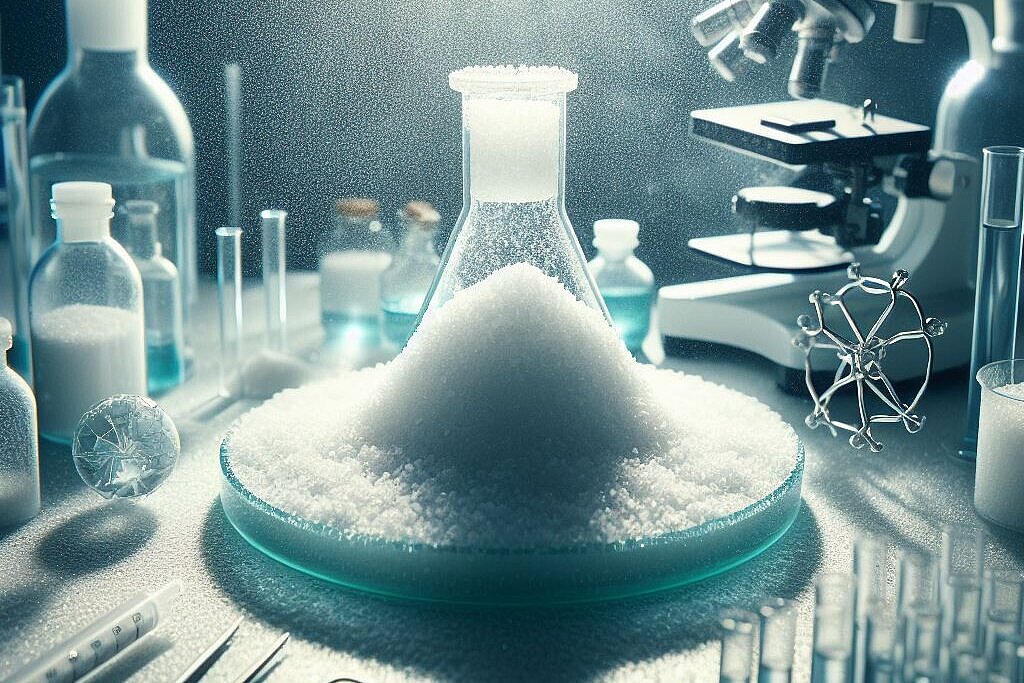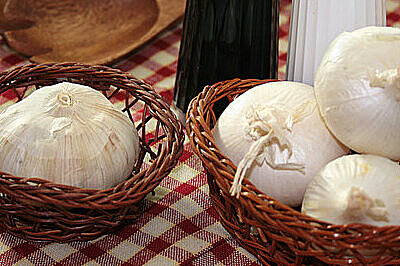N-propyl disulfide
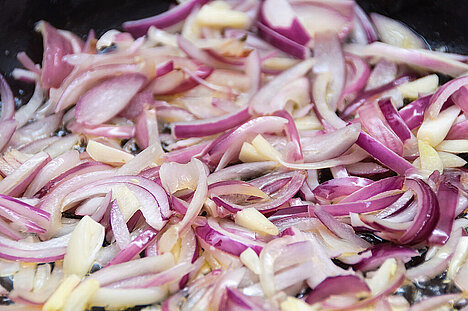
N-propyl disulphide is a chemical compound found in some plants, especially onions and garlic. It has a foul-smelling odor and is hardly soluble in water. But what does it have to do with dogs? In this article, you'll find out what N-propyl disulphide is, how it affects dogs and what its benefits and drawbacks are.
What is N-propyl disulphide?
N-propyl disulphide is an organic sulphur compound consisting of two propyl groups bonded to a disulphide. A propyl group is an atomic arrangement of three carbon atoms and seven hydrogen atoms. A disulphide is a bond between two sulphur atoms. The molecular formula of N-propyl disulphide is C6H14S2.
N-propyl disulphide occurs naturally in some plants belonging to the Alliaceae family, such as onions, garlic, chives and leeks. These plants produce N-propyl disulfide as a defense against pests or microorganisms. When the plant cells are injured, for example when they are cut or bitten, N-propyldisulphide is released and gives the plants their typical smell and taste.
How does N-propyldisulphide affect dogs?
N-propyl disulphide has a harmful effect on dogs if they ingest it in large quantities. This is because N-propyl disulphide attacks and destroys the haemoglobin in the dog's red blood cells. Haemoglobin is a protein that is responsible for transporting oxygen in the blood. If the hemoglobin is broken down, the dog can no longer transport enough oxygen to the organs and suffers from anemia.
The symptoms of anemia caused by N-propyl disulfide include
- Pale mucous membranes
- weakness
- shortness of breath
- Palpitations
- Dark urine
- Jaundice
The severity of the anemia depends on the amount of N-propyl disulfide ingested. There is no fixed threshold above which N-propyl disulphide becomes toxic, as the sensitivity of dogs varies from person to person. However, the more onions or garlic a dog eats, the higher the risk of poisoning. Just 5 grams of onions per kilogram of body weight can lead to anemia.
If you suspect that your dog has eaten onions or garlic, you should consult a vet immediately. The vet can carry out a blood test and initiate treatment if necessary. Treatment may consist of gastric lavage, activated charcoal, infusions or a blood transfusion.
Are there any benefits of N-propyl disulphide for dogs?
N-propyl disulfide is not only harmful to dogs, but also has some positive properties. For example, N-propyl disulphide has an antibacterial, antiviral and antifungal effect. This means that it can kill or inhibit bacteria, viruses and fungi. N-propyl disulphide also has an anti-inflammatory and immunostimulating effect. This means that it can reduce inflammation and strengthen the immune system.
These effects can be useful for dogs suffering from certain conditions, such as
- Respiratory infections
- gastrointestinal complaints
- skin problems
- Parasite infestation
However, N-propyl disulphide should not be given to dogs without consulting a vet. Because the dose makes the poison. Too much N-propyl disulphide can do more harm than good. In addition, N-propyl disulphide can interact with other medications or food supplements and cause undesirable side effects.
N-propyl disulphide is a chemical compound found in onions, garlic and other plants. It has both positive and negative effects on dogs. In small amounts, N-propyl disulfide can help against various diseases, but in large amounts it can lead to life-threatening anemia. Therefore, dogs should not be fed onions or garlic or given N-propyl disulphide without veterinary advice.
If you notice any signs of hypersensitivity or poisoning in your dog, you should see your vet immediately. We are not a substitute for a vet, but we try to be as accurate as possible. Every dog reacts differently and we recommend you get a second opinion or consult your vet if in doubt.
Stay healthy and take good care of your four-legged friend!😊
Similar to N-propyl disulfide
Diallyl disulphide is an organic sulphur compound that is mainly found in garlic and in smaller quantities in onions. It is responsible for the characteristic smell and taste of these vegetables....
Allyl methyl trisulphide belongs to the group of organic sulphur compounds and is mainly found in garlic and onions. It is responsible for some of the characteristic smells and tastes of these...
Dipropyl disulphide belongs to the class of organic sulphur compounds and is found in nature in numerous plants and some animal products. It is known for its distinctive smell and is often used as a...
Allicin is a sulphur-containing compound that is produced when garlic or other allium plants such as onions, shallots or chives are crushed or crushed. Allicin is responsible for the typical smell...
